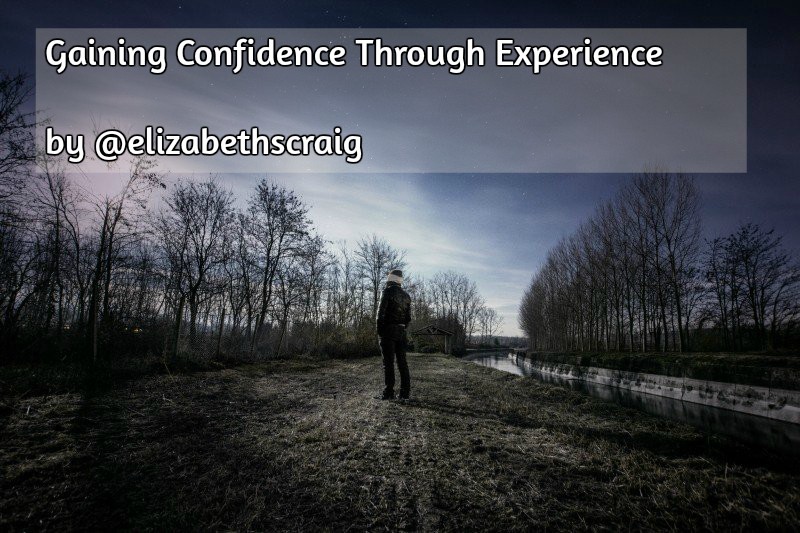
by Elizabeth S. Craig, @elizabethscraig
I have a lot of sympathy for writers who get great ideas for other projects (known as SNI…Shiny New Ideas) while working on a book. When you’re in the daily slog of writing a novel, it’s very tempting to jump ship and start working on a new book that seems more like a sure thing.
But it worries me when I read blog posts by writers who are having trouble finishing any of the books they’re working on. There’s a lot to be said for finishing a project. That’s because, after you’ve finished one, you know you can do it. You know that, no matter what kind of shape that manuscript is in, you have the ability to work your way all the way through to The End.
There are other benefits to having lots of experience writing (whether on one book or multiple books). It gives you confidence when you face a problem with your story. I know that, with probably every other book I write, there’s going to be some point when I run into an issue. It could be a plot hole or a character that seems flat or any number of other problems.
But, when I run into an issue, I always feel so much calmer when I realize: I’ve been here before. I don’t think there’s a problem that I haven’t encountered at this point. And it keeps me from getting stressed to know that I’ve handled other roadblocks that have sprung up and turned out a decent book afterward.
Life is sort of like that, too. With years comes experience and the experiences…good and bad…help us to know how to handle problems when they pop up.
Establishing a writing habit and finishing projects are two ways of gaining this experience as writers. You’ll just need to find out what works best for you: writing in the morning? At lunch? In the evening? At home? At the library or coffeehouse? At work during a break? Then make sure the goals you set (as I’ve mentioned before) are reasonable and something that you can easily meet. It doesn’t help to set goals that make us discouraged.
For more tips for setting up a writing habit and for finishing a book see:
12 Tips to Get Unstuck and Finish Writing Your Book by Lorna Faith
How to Develop a Rock-Solid Writing Habit by Daphne Gray-Grant
5 Hacks to Create a Good Writing Habit by Joe Bunting
It’s a nice bonus that a writing habit leads, not only to a finished book, but to more experience to handle future projects (frequently in less time).
Have you run into roadblocks with your books that you’ve realized you can work through? Do you ever have trouble finishing a book?


